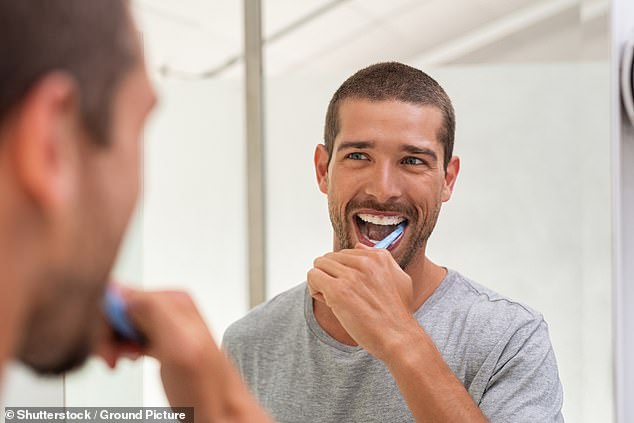
Scientists Settle the Debate: Brush Teeth Before Breakfast for Optimal Oral Health
Should You Brush Before or After Breakfast? Experts Weigh In
Brushing your teeth twice daily is non-negotiable for oral health, but the timing of your morning brush sparks debate: do you clean your teeth before or after breakfast? Here’s what science says.
The Case for Brushing First
Colgate emphasizes that brushing before breakfast is optimal. Overnight, bacteria multiply in your mouth, causing “morning breath.” Brushing upon waking removes this buildup and kickstarts saliva production, which neutralizes acids and strengthens enamel. Fluoride toothpaste also creates a protective barrier against breakfast acids and sugars.

Brushing first thing removes overnight bacteria and protects enamel.
The Risk of Brushing After Eating
If you brush after breakfast, wait 30–60 minutes. Acidic foods (citrus, yogurt, coffee) temporarily soften enamel. Brushing too soon can wear it down. Colgate notes, “Immediately brushing after eating may damage weakened enamel,” increasing cavity risk.

Wait an hour after acidic meals to brush, protecting delicate enamel.
Best Brushing Practices
- Timing: Brush before breakfast; if after, wait 30–60 minutes.
- Technique: Use a pea-sized fluoride toothpaste. Brush for 2 minutes in circular motions.
- Extras: Clean your tongue, floss, and use alcohol-free mouthwash.
The Verdict
While both options beat not brushing, Colgate concludes: brushing before breakfast maximizes enamel protection. But if you prefer post-meal cleaning, waiting ensures safer brushing.
In short: Prioritize morning brushing for a fresh start, but adjust wisely if breakfast comes first!


